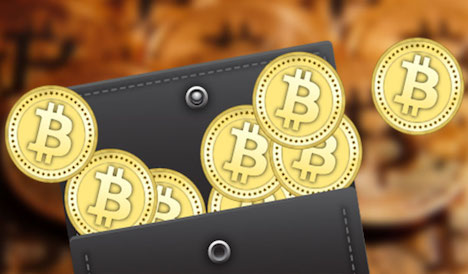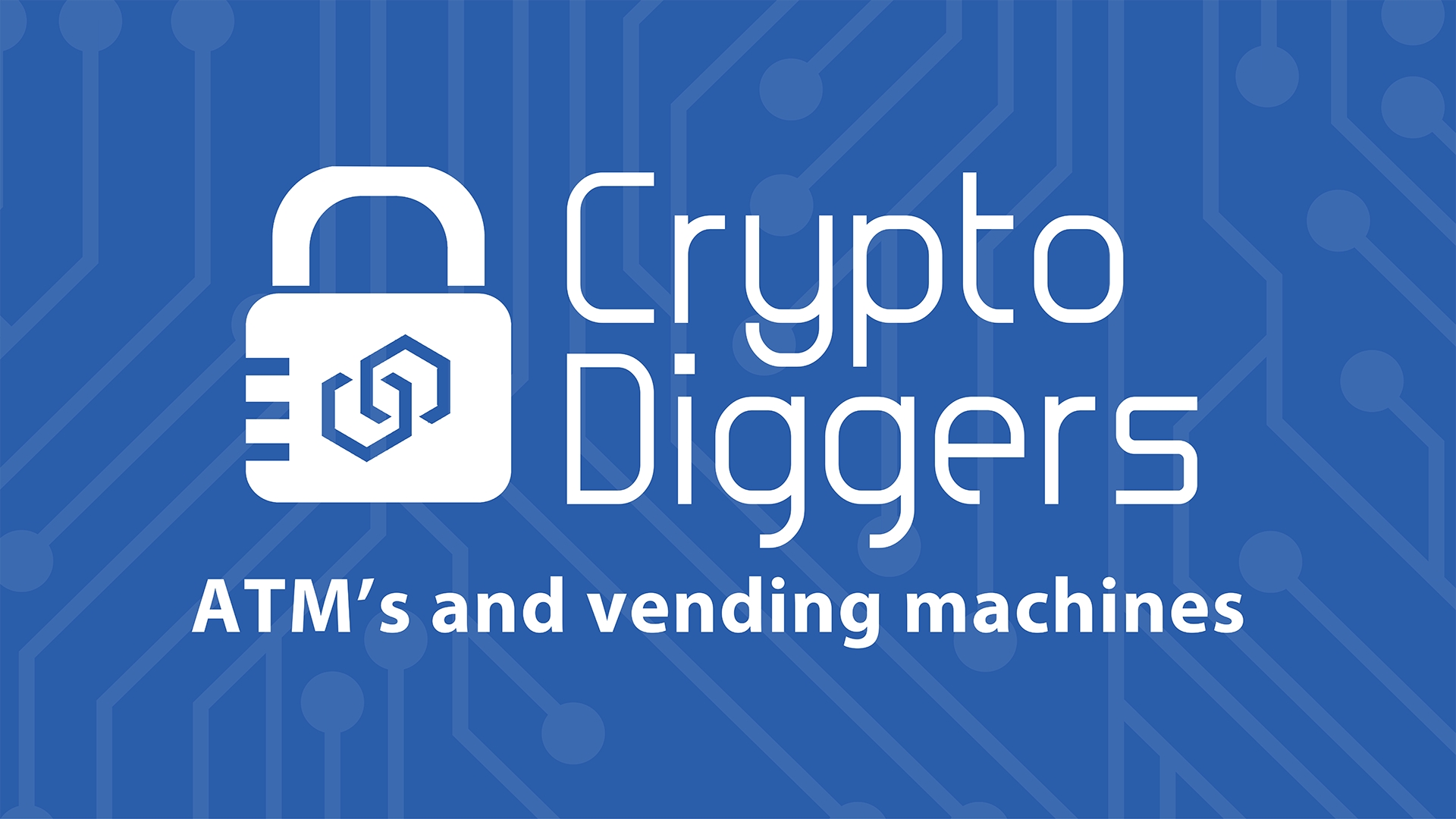THE HISTORY OF CRYPTOCURRENCY TO THE CURRENT.
THE HISTORY OF CRYPTOCURRENCY TO THE CURRENT.
Cryptographic forms of money, or virtual monetary standards, are advanced methods for trade made and utilized by private people or gatherings. Since most digital forms of money aren't directed by national governments, they're viewed as elective monetary standards – vehicles of budgetary trade that exist outside the limits of state fiscal approach.Bitcoin is the transcendent digital currency and first to be utilized broadly. Notwithstanding, several cryptographic forms of money exist, and all the more spring into being each month.
What Is Cryptocurrency?
Digital currency designers construct these conventions on cutting edge arithmetic and PC building rules that render them essentially difficult to break, and subsequently to copy or fake the ensured monetary forms. These conventions likewise veil the personalities of cryptographic money clients, making exchanges and store streams hard to credit to explicit people or gatherings. This article from Benzinga Money has more on the fundamental standards of cryptography.
Decentralized Control:
Digital forms of money are additionally set apart by decentralized control. Digital forms of money's stock and worth are constrained by the exercises of their clients and exceptionally complex conventions incorporated with their administering codes, not the cognizant choices of national banks or other administrative specialists. Specifically, the exercises of excavators – cryptographic money clients who influence tremendous measures of registering influence to record exchanges, getting recently made digital currency units and exchange expenses paid by different clients consequently – are basic to monetary standards' strength and smooth capacity.Trade With Fiat Currencies:
Significantly, digital forms of money can be traded for fiat monetary forms in extraordinary online markets, which means every ha a variable swapping scale with significant world monetary standards, (for example, the U.S. dollar, British pound, European euro, and Japanese yen). Cryptographic money trades are fairly helpless against hacking and speak to the most widely recognized setting for computerized cash robbery by programmers and cybercriminals.Limited Supply:
Most, yet not all, digital currencies are described by limited stock. Their source codes contain directions sketching out the exact number of units that can and will ever exist. After some time, it turns out to be progressively hard for diggers to deliver cryptographic money units until as far as possible is come to and new cash stops to be stamped by and large. Cryptographic forms of money's limited inventory make them characteristically deflationary, progressively likened to gold and different valuable metals – of which there are limited supplies – than fiat monetary standards, which national banks can, in principle, produce boundless supplies of.Advantages and Drawbacks
Because of their political freedom and invulnerable information security, cryptographic money clients appreciate benefits not accessible to clients of conventional fiat monetary standards, for example, the U.S. dollar, and the money related frameworks that those monetary forms support. For example, though a legislature can without much of a stretch freeze or even hold onto a financial balance situated in its ward, it's extremely hard for it to do likewise with reserves held in cryptographic money – regardless of whether the holder is a resident or lawful inhabitant.Then again, digital forms of money accompany a large group of dangers and downsides, for example, illiquidity and worth unpredictability, that don't influence numerous fiat monetary forms. Moreover, digital currencies are often used to encourage dark and bootleg market exchanges, such a large number of nations see them with doubt or inside and out hostility. And keeping in mind that a few defenders out digital forms of money as conceivably worthwhile elective ventures, scarcely any genuine monetary experts see them as appropriate for something besides unadulterated theory.
How Cryptocurrencies Work?
The source codes and specialized controls that help and secure digital currencies are profoundly mind-boggling. Be that as it may, laypeople are more than equipped for understanding the essential ideas and turning out to be educated, cryptographic money clients.Practically, most cryptographic forms of money are a minor departure from Bitcoin, the principal generally utilized digital money. Like conventional monetary standards, cryptographic forms of money express an incentive in units – for example, you can say "I have 2.5 Bitcoin," similarly as you'd state, "I have $2.50."
A few ideas oversee digital forms of money's qualities, security, and respectability.
Blockchain:
A cryptographic money's blockchain (some of the time expressed "square chain") is the ace record that records and stores every single earlier exchange and action, approving responsibility for units of the cash at some random point in time. As the record of a cryptographic money's whole exchange history to date, a blockchain has a limited length – containing a limited number of exchanges – that increments after some time.Indistinguishable duplicates of the blockchain are put away in each hub of the digital money's product arrange – the system of decentralized server ranches, run by PC sharp people or gatherings of people known as diggers, that consistently record and validate cryptographic money exchanges.
Cryptographic money exchange isn't concluded until it's additional to the blockchain, which for the most part happens in no time. When the exchange is concluded, it's generally irreversible. In contrast to conventional installment processors, for example, PayPal and Mastercards, most cryptographic forms of money have no worked in discount or chargeback capacities, however some more up to date digital currencies have simple discount highlights.
During the slack time between the exchange's introduction and finish, the units aren't accessible for use by either party. Rather, they're held in a kind of escrow – limbo, in every way that matters. The blockchain in this way forestalls twofold spending or the control of digital currency code to permit similar money units to be copied and sent to different beneficiaries.
Private Keys:
Each digital money holder has a private key that confirms their personality and permits them to trade units. Clients can make up their private keys, which are designed as entire numbers somewhere in the range of 1 and 78 digits in length or utilize an arbitrary number generator to make one. When they have a key, they can get and spend digital money. Without the key, the holder can't spend or change over their digital money – rendering their property useless except if and until the key is recouped.While this is a basic security include that diminishes robbery and unapproved use, it's additionally draconian. Losing your private key is what could be compared to tossing a wad of money into a garbage incinerator. While you can make another private key and begin gathering digital currency once more, you can't recuperate the property ensured by your old, lost key. Keen cryptographic money clients are in this way deranged defensive of their private keys, normally putting away them in various computerized (however for the most part not Internet-associated, for security purposes) and simple (i.e., paper) areas.
Wallets:
Wallets can be put away on the cloud, and inside hard drive, or an outer stockpiling gadget. Notwithstanding how a wallet is put away, at any rate, one reinforcement is firmly prescribed. Note that sponsorship up a wallet doesn't copy the real digital money units, only the record of their reality and current proprietorship.
Diggers:
Diggers fill in as record-guardians for digital money networks, and aberrant judges of the monetary standards' worth. Utilizing huge measures of registering power, frequently showed in private server ranches possessed by mining aggregates included many people, excavators utilize profoundly specialized strategies to confirm the fulfillment, precision, and security of monetary forms' square chains. The extent of the activity isn't normal for the quest for new prime numbers, which additionally requires gigantic measures of registering power.Excavators' work occasionally makes new duplicates of the blockchain, including later, already unsubstantiated exchanges that are excluded from any past blockchain duplicate – adequately finishing those exchanges. Every expansion is known as a square. Squares comprise of all exchanges executed since the last new duplicate of the blockchain was made.
The expression "excavators" identifies with the way that diggers' work makes riches as fresh out of the plastic new digital money units. Truth be told, each recently made blockchain duplicate accompanies a two-section financial prize: a fixed number of recently printed ("mined") digital money units, and a variable number of existing units gathered from discretionary exchange charges (ordinarily under 1% of the exchange esteem) paid by purchasers.
Significant: Once upon a period, digital money mining was a possibly rewarding side business for those with the assets to put resources into influence and equipment serious mining activities. Today, it's unfeasible for specialists without a huge number of dollars to put resources into proficient evaluation mining hardware. On the off chance that your point is just to enhance your standard salary, a lot of independent gigs offer better returns.
Even though exchange charges don't gather to dealers, diggers are allowed to organize expense stacked exchanges in front of charge-free exchanges while making new blockchains, regardless of whether the charge-free exchanges started things out in time. This gives venders a motivating force to charge exchange expenses since they get paid quicker.







No comments